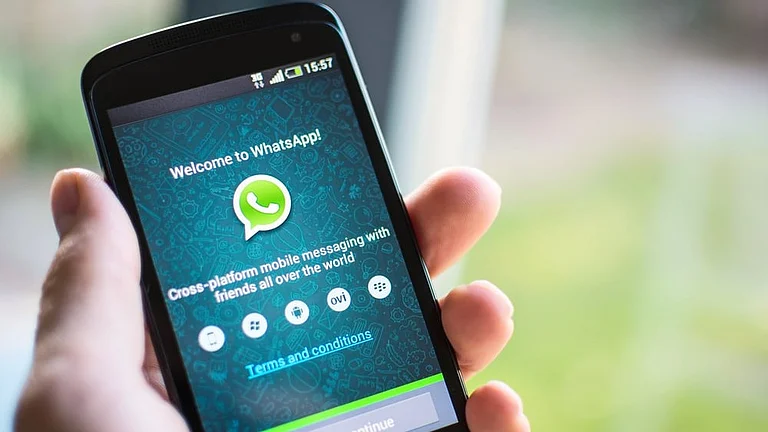Meta Platforms’ WhatsApp messaging service has been banned from all US House of Representatives devices, Reuters reported.
The notice stated that the “Office of Cybersecurity has deemed WhatsApp a high risk to users due to the lack of transparency in how it protects user data, absence of stored-data encryption and potential security risks involved with its use.” Instead, employees are advised to use applications such as Signal, iMessage, FaceTime and Microsoft Teams.
Meta announced in January that it had detected and thwarted a hacking campaign targeting approximately 90 WhatsApp users, including journalists and civil-society representatives.
The intrusion was linked to Paragon Solutions, an Israeli spyware company acquired by American private-equity firm AE Industrial Partners in December of the previous year. A May research report indicated that Paragon’s likely customers include the governments of Australia, Canada, Cyprus, Denmark, Israel and Singapore.
Meta protested the ban “in the strongest possible terms,” according to a company spokeswoman, who stated that WhatsApp is more secure than the other approved applications.
In an emailed statement, a Meta spokesperson said, “We disagree with the House Chief Administrative Officer’s characterisation in the strongest possible terms. Messages on WhatsApp are end-to-end encrypted by default, meaning only the recipients and not even WhatsApp can see them. This is a higher level of security than most of the apps on the CAO’s approved list that do not offer that protection.”
Due to similar concerns, the House previously banned TikTok, a short-video application, on staff devices in 2022.
Meta Poaching Allegations
OpenAI CEO Sam Altman has alleged that Meta Platforms Inc offered signing incentives of up to $100 million to lure top talent from OpenAI, a move he called “crazy” and reflective of the intensifying rivalry within the AI industry.
On a podcast with his brother Jack Altman, he said, “They’ve started making these giant offers to a lot of people on our team. I’m really happy that, at least so far, none of our best people have decided to take them up on that.”
Altman credited OpenAI’s robust culture and mission-driven focus for retaining his team, stating that employees believe OpenAI has a stronger chance of achieving artificial general intelligence (AGI), thereby increasing its value. He criticised Meta’s compensation-first strategy, arguing that it fails to foster a strong culture or support long-term innovation.


































